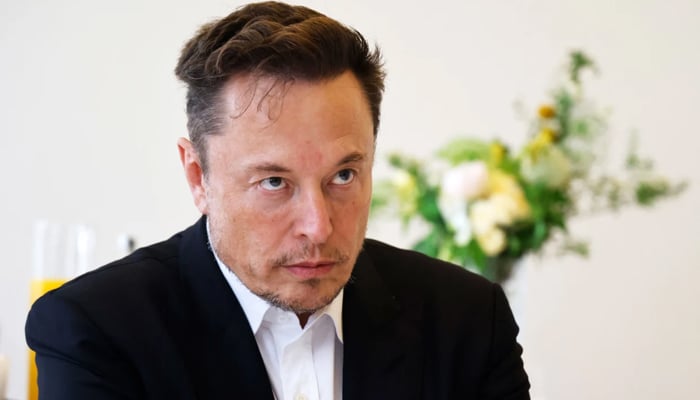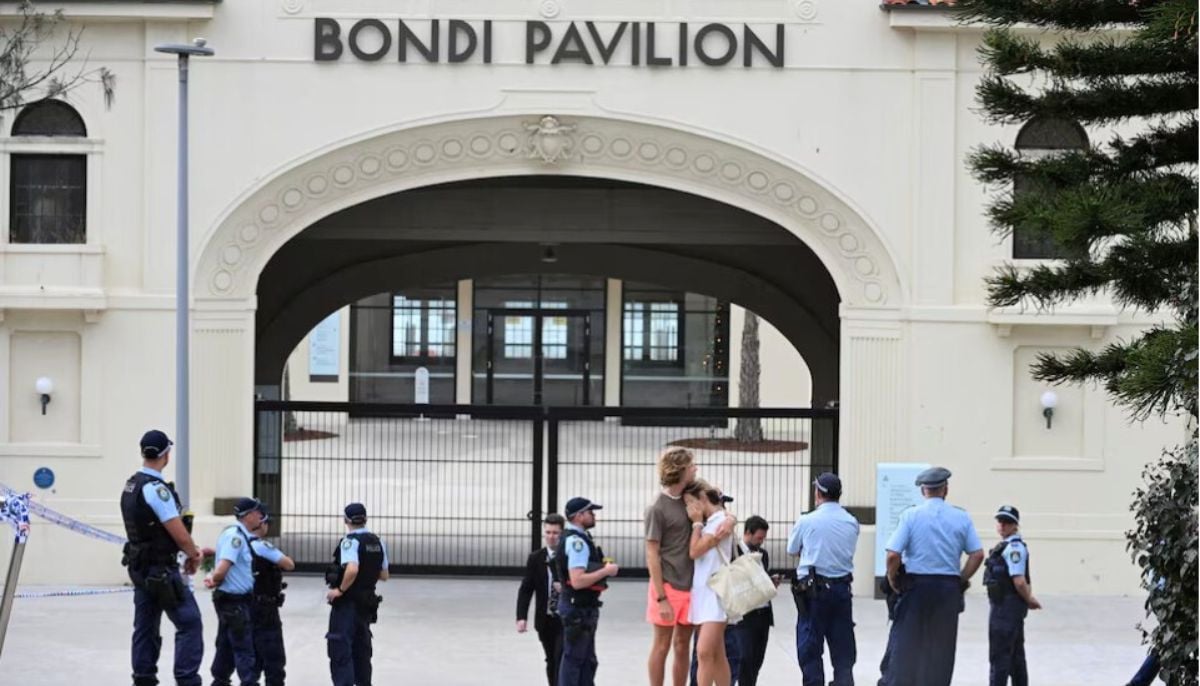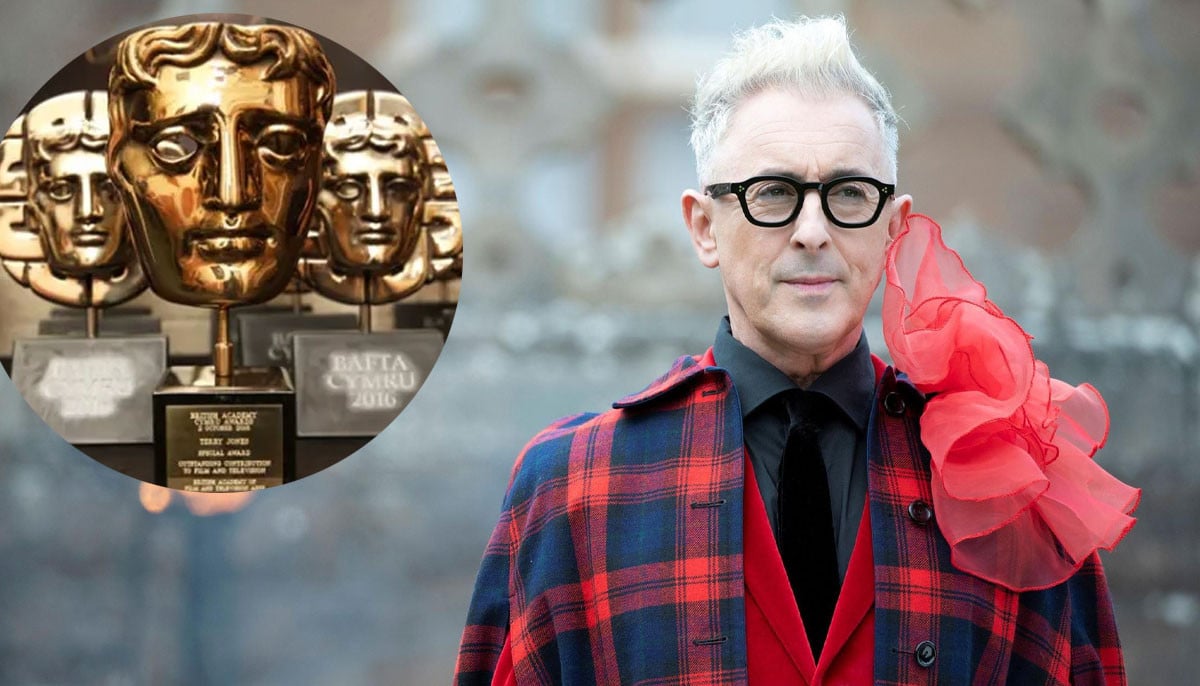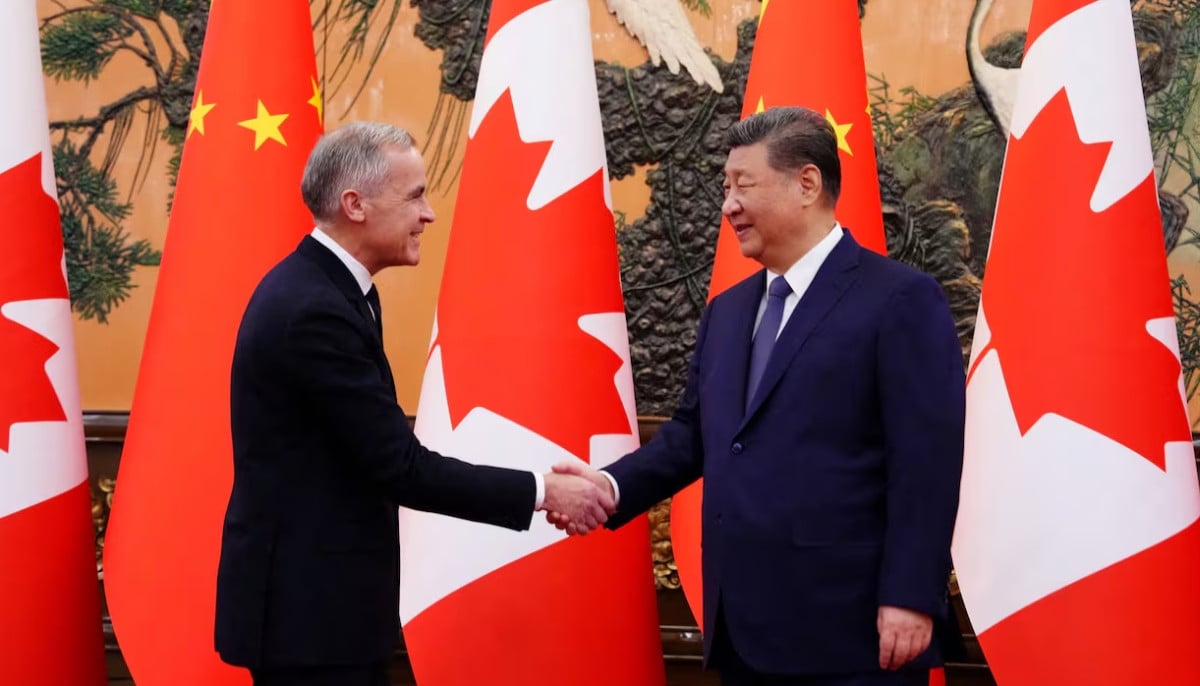Remarks by Elon Musk about Taipei and Beijing angers Taiwan
In May, China said govt welcomed CEO Elon Musk and looking to promote mutually beneficial cooperation
As the tech billionaire and CEO of SpaceX and Tesla Elon Musk remarked about Taipei and Beijing relations comparing it with the United States and Hawaii calling the island an integral part of the world's largest economy, the Ministry of Foreign Affairs Taiwan issued a strong-worded response saying the country is "not for sale".
Elon Musk made these remarks as he was talking at the All-in Summit remotely in Los Angeles, saying: "[Beijing's] policy has been to sort of reunite Taiwan with China," claiming that he understands the nuclear-armed country "well".
The 52-year-old US tech mogul said: "From their standpoint, you know, maybe it’s analogous to like Hawaii or something like that, like an integral part of China that is arbitrarily not part of China mostly because … the US Pacific Fleet has stopped any sort of reunification effort by force."
Taiwan Foreign Minister Joseph Wu said in a statement on X — formerly called Twitter: "Listen up, Taiwan is not part of the PRC [People's Republic of China] [and] certainly not for sale!"
The foreign minister also added that Musk "can also ask the CCP (Chinese Communist Party) to open X to its people," which is not functional in the country.
Elon Musk and ties with China
Musk — who is also CEO of X — made these comments as he was asked about the challenges by American businesses in China.
For commercial purposes, Musk met with the "senior leadership at many levels in China," he noted, adding that he felt he had "a pretty good understanding of the country for an outsider."
The Mars-obsessed visited Beijing in May and met with numerous government officials while visiting Tesla’s Gigafactory in Shanghai. He also announced in April his intentions for a new battery factory in the Chinese commercial capital.
Musk has been effusive in his praise for Tesla vehicles produced in Shanghai, saying they are associated with "not just the most efficient production, but also the highest quality."
Upon his arrival in May, the Chinese foreign ministry said in a statement that the government welcomed CEO Musk — and other business leaders — looking to promote "mutually beneficial cooperation."
He was given audiences with three government ministers as he met with the Chinese Foreign Minister Qin Gang, and commerce and industry ministers, alongside dining with Zeng Yuqun, chairman of top battery supplier CATL.
During his visit, Musk said he did not support the idea of a US-China decoupling amid geopolitical fissures, calling the interests of both countries "intertwined like conjoined twins."
Chinese industry ministry said at that time that Musk and its head Jin Zhuanglong exchanged views about the development of electric vehicles and connected cars — that hasn't stopped an outpouring of enthusiasm for CEO SpaceX on Chinese social media.
Tesla's more than half of the global sales are made possible due to the deliveries from Shanghai.
In recent years, some Chinese government ministries have banned the company’s vehicles from entering their premises over security fears.
Tesla also cut prices for its cars in China several times this year, reigniting a price war in the industry, where it is in second place behind market leader BYD.
For Tesla observers, central areas of interest include the status of its plans to increase output by 450,000 vehicles annually at its Shanghai plant.
It is also yet to be seen whether Chinese regulators allow the release of Tesla's advanced driver assistance features available in other markets as part of the "Full Self Driving" software it sells for $15,000 per vehicle.
-
Daniel Radcliffe reveals surprising way fatherhood changed him
-
Alan Cumming shares plans with 2026 Bafta Film Awards
-
OpenClaw founder Peter Steinberger hired by OpenAI as AI agent race heats up
-
Chinese New Year explained: All you need to know about the Year of the Horse
-
Canadian passport holders can now travel to China visa-free: Here's how
-
Edmonton weather warning: Up to 30 cm of snow possible in parts of Alberta
-
ICE agents 'fake car trouble' to arrest Minnesota man, family says
-
China confirms visa-free travel for UK, Canada nationals












